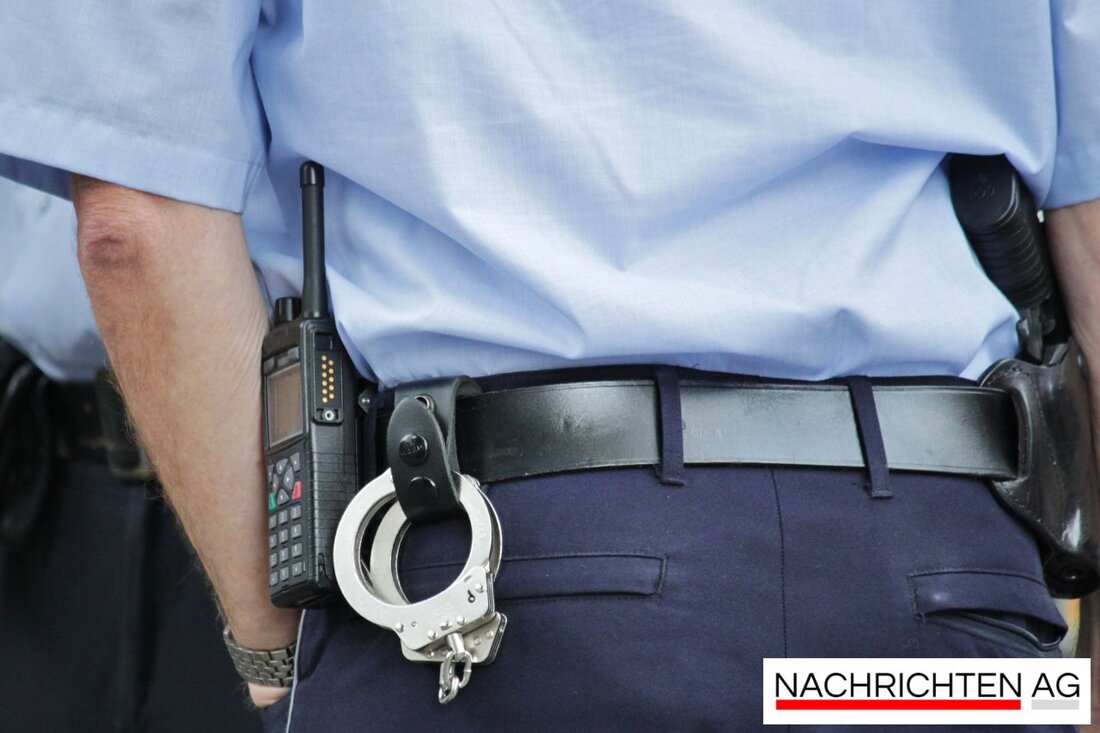Security panic at Christmas markets: This is how Germany protects itself!
Christmas markets in Germany 2025: Security teams are examining concepts to prevent attacks and manage costs.

Security panic at Christmas markets: This is how Germany protects itself!
The pre-Christmas season has begun in Germany and with it the Christmas markets are springing up. The total of over 3,250 markets are frequented by millions of visitors who want to enjoy the smell of mulled wine and roasted almonds. However, given past incidents, particularly the terrorist attack in Berlin in 2016 and the tragic events in Magdeburg, security remains a sensitive issue.
The trial surrounding the attack on the Christmas market in Magdeburg, in which six people lost their lives last year, is currently underway. These events have significantly increased security measures. Trade unions and police authorities report growing insecurity among the population. Although there is no concrete evidence of impending attacks, people's concerns are real. Around 62 percent of Germans are concerned about security in the markets, and police presence has been increased in many cities.
Security measures in the markets
To ensure safety, cities use various protective measures. This includes barriers, concrete blocks and bollards that are placed at critical points. There are special requirements in Munich, where video surveillance and selective bag checks are carried out by the police. In Hamburg, too, the city fathers have tightened security measures.
One point that will come into force next year is a strict ban on knives in the markets. These measures are no coincidence: the monitoring and personnel costs for security forces place an enormous burden on the organizers. In Essen, for example, the district marketing association raised around 100,000 euros for a comprehensive security concept, which also includes security personnel throughout.
Financial burdens and rejections
Despite the efforts to ensure safety, the organizers incur high costs. Smaller Christmas markets in particular have to struggle with financial hurdles. The municipality of Overath canceled its Christmas market because the increased security costs represented an unbearable burden. The chairman of the Overath local history association, Andreas Koschmann, is calling for relief from security costs since the municipality is not involved.
The German Association of Cities has also taken up the matter and is calling for more support from the federal and state governments in order to cover the enormous security costs. Some small markets have already had to cancel their events due to these financial challenges, but there have been no widespread cancellations so far.
Overall, organizers find themselves in a dilemma: They want to offer their visitors a safe and carefree experience, but at the same time they are confronted with high costs and the responsibility to comply with safety precautions. Finding this balance will be one of the challenges of the coming weeks.
In the wine bar around the corner or in the festively lit park – the Christmas markets remain a central part of German culture. If the safety precautions are correct, everyone can hopefully enjoy the Festival of Lights to the fullest.
For further information on the safety measures at Christmas markets, interested readers can read the articles from antenna as well as from daily news Visit to find out more about current developments.

 Suche
Suche
 Mein Konto
Mein Konto